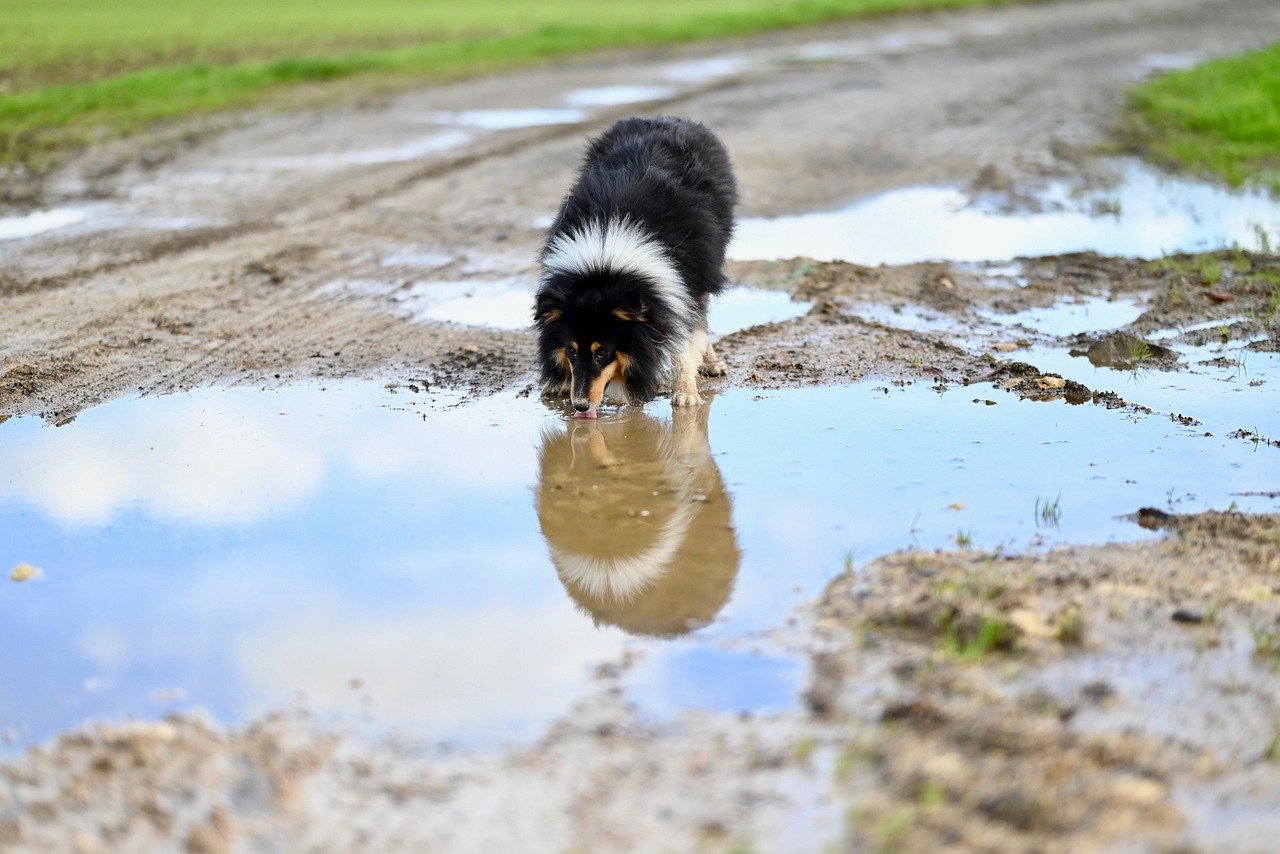Have you ever wondered if having a pet could do more than just bring you joy? Studies show that living with animals can actually make your immune system stronger. From reducing the risk of allergies and asthma to improving gut health, your furry friends might be offering health benefits you never expected.
A fascinating discovery came from research comparing two farming communities in the U.S.: the Amish and the Hutterites. Both groups live natural lifestyles and eat simple foods. However, Amish children were found to have much lower rates of asthma and allergies. The key difference? The Amish live directly with animals, while the Hutterites live near farms but not with the animals.
This close contact with animals exposes Amish children to a wide variety of microbes from an early age. These microbes help train the immune system to handle different bacteria and reduce the chance of overreacting to harmless things like dust or pollen. Scientists found that Amish children had more developed immune cells called regulatory T cells, which play a big role in stopping allergic reactions.
Other studies around the world support these findings. Children raised on Alpine farms or in homes with multiple pets have a much lower risk of developing allergies and skin issues like eczema. This has led researchers to call it the “mini-farm effect.” The more animals a child grows up with, the more exposure they get to helpful microbes that support their immune system.
Even living with just one dog has been linked to about a 13-14% lower risk of allergies. When you pet or cuddle your animals, microbes from their skin and fur can transfer to your body. These small interactions may help your immune system become more adaptable and balanced.
Some scientists are exploring how microbes from pets may affect our gut health. While it’s still unclear id pet microbes permanently stay in our bodies, these brief exposures may still help strengthen the immune system. Other experts suggest that because humans have lived with animals for thousands of years, our bodies have adapted to react positively to the bacteria they bring into our environments.

Irish researchers also studied the gut bacteria of Irish travelers, who often live in close contact with various animals. They found that the traveler’s gut microbes were similar to those of indigenous populations living traditional lifestyles. These microbes were very different from those found in people living in modern cities, and they may explain the lower rates of autoimmune diseases in these groups.
In other experiments, children who regularly visited farms and interacted with animals like horses started to show positive changes in their gut bacteria. This suggests that even short-term exposure to animals can bring benefits. Some research is even looking into how rehoming dogs with older adults could improve their immune health.
Having a pet also encourages healthier lifestyles. People who work their dogs spend more time outdoors, getting exposed to natural microbes from parks, soil and air. These daily experiences can further support a strong and active immune system.





















